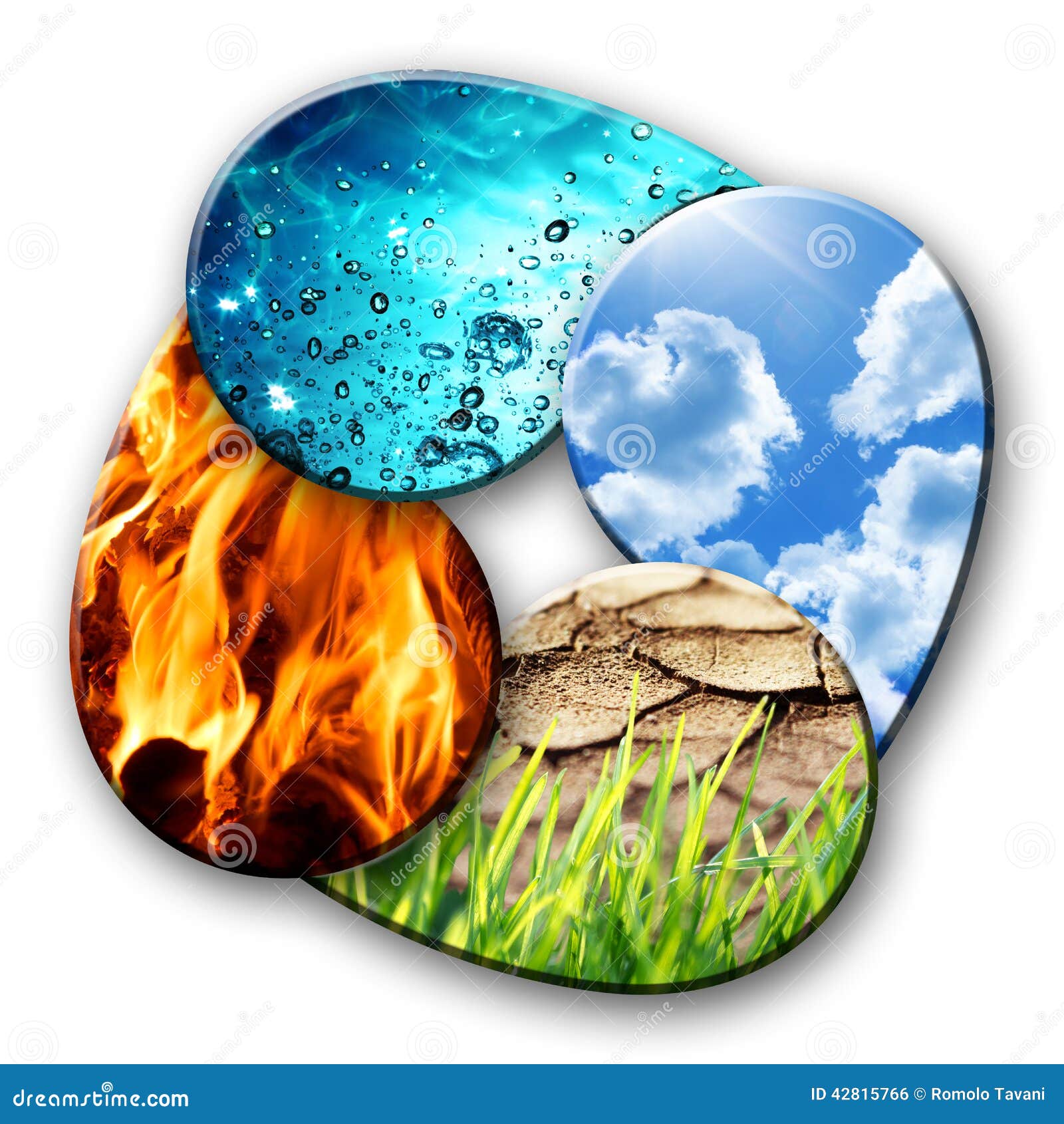
elements." But (i) those thinkers are in error who postulate, beside the bodies we have mentioned, a single matter-and that corporeal and separable matter. Now we may agree that the primary materials, whose change (whether it be "association and dissociation" or a process of another kind) results in coming-to-be and passing-away, are rightly described as "originative sources, i.e. (Some, for instance, postulate Fire and Earth: some add Air, making three: and some, like Empedokles, reckon Water as well, thus postulating four. Others, on the contrary, postulate two or more materials-ascribing to their "association" and "dissociation," or to their "alteration," the coming-to-be and passing-away of things. Air or Fire, or an "intermediate" between these two (but still a body with a separate existence). Some maintain it is single, supposing it to be, e.g. But we have still to investigate the so-called "elements" of bodies.įor the complex substances whose formation and maintenance are due to natural processes all presuppose the perceptible bodies as the condition of their coming-to-be and passing-away: but philosophers disagree in regard to the matter which underlies these perceptible bodies.

Similarly, we have also discussed "alteration," and explained what "altering" is and how it differs from coming-to-be and passing-away. Further, we have discussed "unqualified" coming-to-be and passing-away, and explained under what conditions they are predicable, of what subject, and owing to what cause. We have explained under what conditions "combination," "contact," and "action-passion" are attributable to the things which undergo natural change. Such judgments do not make for good history (i.e., for understanding Aristotle in the context of his time) they do, however, facilitate (at least by contrast) understanding investigations that are scientific. Historians may object to my judging Aristotle by standards of a later time. My characterization of Aristotle as "unscientific" is not a value judgment I use the term to contrast Aristotle's way of knowing with a mode (the scientific) that relies heavily on empirical evidence. Finally, the unscientific discourse of Aristotle can serve as a point of reference and contrast to the scientific discourses presented in the remainder of the book. (See next chapter.) Besides, this collection explores the themes of atoms and elements from both physical and chemical perspectives. So why begin a book of case studies in scientific method illustrating chemical themes with a selection which is neither scientific nor chemical? Aristotle's conception of the elements, even though it was concerned primarily with physical aspects of matter, was one which later chemists had to confront.

Aristotle wrote on subjects which are now part of the disciplines of biology and physics, but not on chemical subjects, and in this respect, he was no different from other figures in ancient Greek philosophy. the absence of material of a specifically chemical character in ancient Greek natural philosophy has largely escaped the attention it deserves.". If Aristotle was not a scientist, he was especially not a chemist: "Aristotle's chemistry, like Socrates' book, does not exist. Although he was not a bad observer in some instances, Aristotle's mode of explanation was rationalistic rather than empirical. The experimental method of putting hypothetical explanations to an empirical test was unknown to Aristotle and his contemporaries.


In fact, the authority attached to Aristotle nearly two millennia after his death was one of the main obstacles in the path of the scientific outlook as it emerged in the 17 th century. His approach to understanding the natural world was not a scientific one. Four Elements: Aristotle Elements and Atoms: Chapter 1Īristotle (384-322 BCE view sculpture bust at the Galileo Project, Rice University) is not generally considered a chemist, and for good reason.


 0 kommentar(er)
0 kommentar(er)
